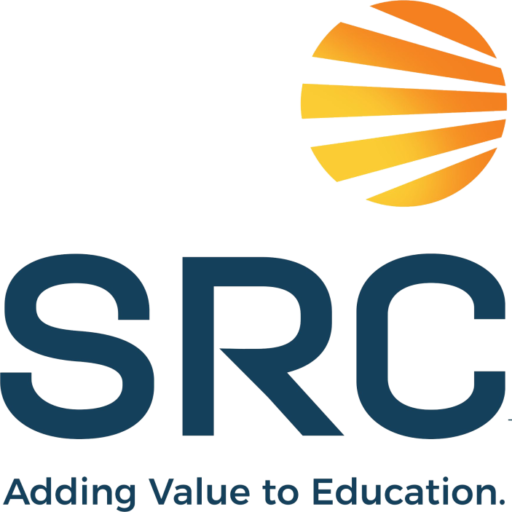
Delivering Excellent Support for Overall Quality Service: The Role of Caregivers, Minders, and Nannies in Children’s Education
“Imagine a bustling household in the early morning, parents rushing to meet work deadlines, children preparing for school, and amidst it all, a calm, steady presence guiding the flow. This is the caregiver, minder, or nanny, the unsung hero who ensures that not only are the children cared for, but their minds and hearts are nurtured too.”
In today’s fast-paced world, these roles have become more pivotal than ever, shaping the educational journey and overall development of children in profound ways.
The Role of Caregivers in Educational Growth
Think of a child’s mind as a garden. Teachers plant the seeds of knowledge in school, but caregivers, minders, and nannies are the gardeners at home, watering, nurturing, and ensuring those seeds grow into flourishing ideas. They do more than supervise, they foster an environment where curiosity thrives and learning becomes a natural part of daily life. Whether it’s helping with homework, answering endless “why” questions, or turning playtime into a discovery session, their influence on a child’s cognitive and emotional growth is immeasurable.
Key Qualities for Excellent Support
Delivering excellent support is like crafting a masterpiece. It requires the right blend of patience, skill, and heart:
- Patience and Empathy: Picture a child struggling with a math problem. An excellent caregiver doesn’t rush or show frustration. Instead, they sit beside the child, gently guiding them through the challenge, offering encouragement, and celebrating small victories.
- Effective Communication: Imagine a triangle of trust between the caregiver, child, and parents. Open, clear communication keeps everyone aligned on educational goals, ensuring that the child receives consistent support both at home and in school.
- Knowledge of Developmental Milestones: Like an architect understanding the stages of building a house, caregivers who know age-appropriate learning stages can provide activities that are just the right fit, neither too easy nor too challenging.
- Adaptability: No two children are the same. One might love reading, while another thrives on hands-on experiments. An excellent caregiver tailors their approach, finding creative ways to engage each child’s unique interests and strengths.
The Connection Between Home and School
Imagine school as a river of knowledge, and home as the land that nurtures it.
Caregivers, minders, and nannies act as bridges, seamlessly connecting the structured learning from school with the spontaneous, everyday learning at home. They reinforce classroom lessons through activities like reading bedtime stories, playing educational games, or even involving children in cooking to teach measurements and science. This integration makes learning continuous and relevant, turning every moment into an opportunity for growth.
Practical Tips for Caregivers
- Create a Learning-Friendly Environment: Picture a cozy nook filled with books, colorful supplies, and a quiet spot for focused homework. A well-organized space signals to children that learning is both important and enjoyable.
- Incorporate Learning into Play: Turn a simple trip to the park into a science lesson about plants and insects or use building blocks to teach basic math concepts. Play becomes a powerful tool for education when infused with creativity.
- Encourage Curiosity: When a child asks, “Why is the sky blue?” don’t just provide an answer, explore it together. Visit a library, watch a documentary, or conduct a simple experiment. This not only satisfies curiosity but also teaches children how to seek knowledge.
- Maintain Open Communication with Teachers: Regularly checking in with the child’s teachers provides valuable insights into their progress and areas needing additional support. This collaboration ensures a cohesive educational experience.
Picture a child standing at the threshold of their future, brimming with potential. Behind them are the caregivers, minders, and nannies, the steady hands that guided, supported, and nurtured their journey. Their influence extends far beyond basic childcare.
When caregivers deliver excellent support, they become key players in a child’s educational story, helping to cultivate a love for learning and contributing to the child’s overall development. When caregivers approach their roles with dedication, empathy, and a focus on education, they lay down a foundation that supports not just academic success, but lifelong growth and achievement.

